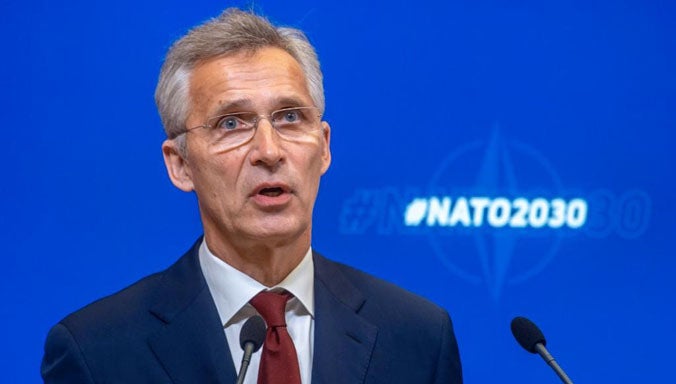NATO Takes Aim at China with New NATO 2030 Report
While Russia will remain NATO’s primary challenge, along with the significant threat of global terrorism, the recently released NATO 2030 report adds China to the list of NATO’s main concerns. The report, drafted by a ‘reflection group’ appointed by the NATO Secretary General, calls for “establishing a consultative body to discuss all aspects of Allies’ security interests vis-à-vis China”, a joint political strategy to counter China, deeper cooperation with Asia-Pacific democracies and for a general increase in time and political resources allocated towards China.
The report quickly points to NATO’s 2010 Strategic Concept as being outdated and no longer fit for the world NATO now finds itself in. The new world has seen a “return of Systemic Rivalry and Rise of Global Threats” which is now seen as the “main characteristic of the current security environment”.
“That Strategic Concept recommended cultivating a strategic partnership with Russia, made limited mention of terrorism, and no mention of China. […] Over the coming decade, China will likely also challenge NATO’s ability to build collective resilience, safeguard critical infrastructure, address new and emerging technologies such as 5G, and protect sensitive sectors of the economy including supply chains. Longer term, China is increasingly likely to project military power globally, including potentially in the Euro-Atlantic area.”
While the report presents a China that is now primarily a strategic competitor, it also states that:
“NATO should Keep open the prospect of political dialogue with China on shared interests and differences, for example in arms control. It should maintain contacts with China on issues of mutual interest; and proactively engage China’s representatives when doing so is in NATO’s interests.”
China has, unsurprisingly, been dismissive of the report and critical of its assumptions. The Global Times, a Chinese Communist Party linked English-language publication, interviewed Zhang Junshe, from the PLA Naval Military Studies Research Institute. Zhang accused the report of being heavily influenced by the “US’ Cold War mentality”, baselessly hyping up the “China threat theory.”
However, with China becoming an increasing concern across European capitals and with countries like Germany seeking to be more active in the Indo-Pacific, it is clear that competition with China is no longer a concept confined to Washington and its Indo-Pacific allies.

